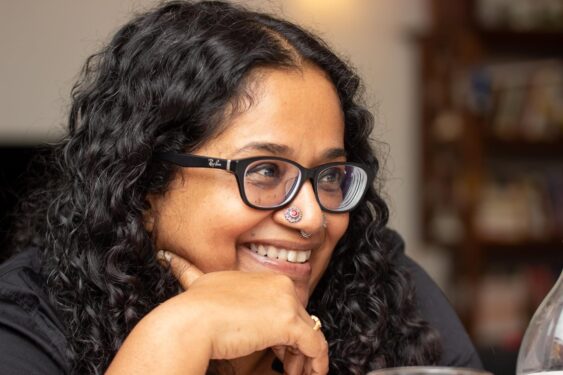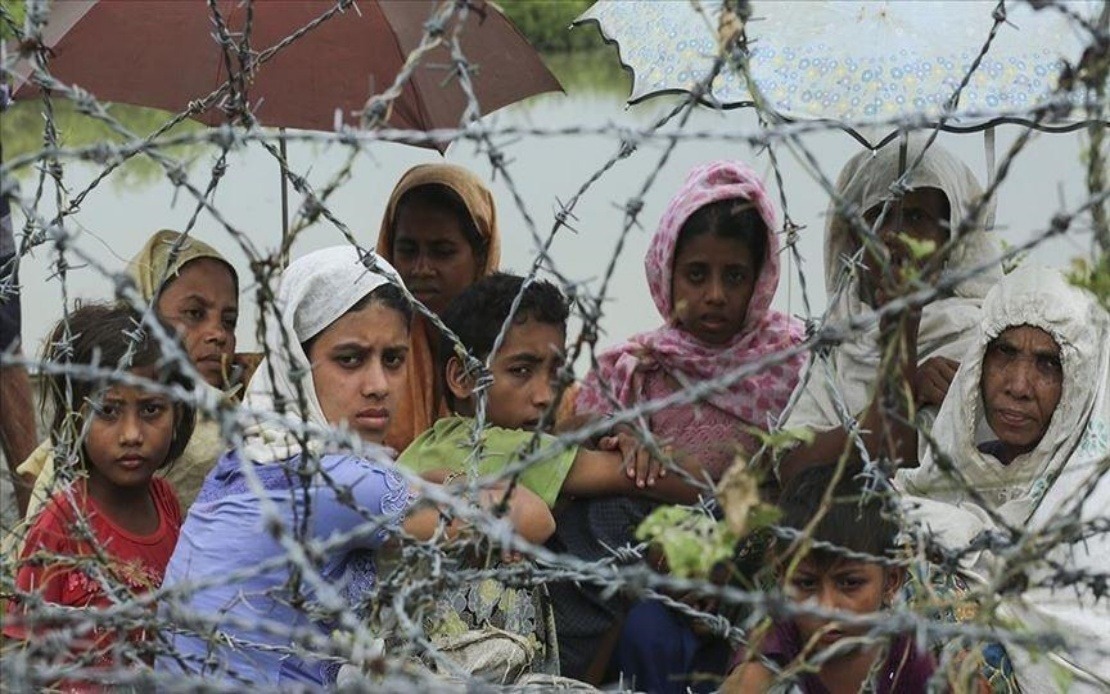PRIME Minister Datuk Seri Ismail Sabri Yaakob has been criticised over his “superficial” speech at the UN yesterday (Sept 23) where he briefly spoke on the plight of the Rohingyas.
During his 20-minute speech at the 77th session of the UN General Assembly (UNGA), Ismail said while Malaysia is not a signatory to the 1951 Convention on the Status of Refugees and the 1967 Protocol, the country, on humanitarian grounds, accepted nearly 200,000 Rohingya refugees.
“Therefore, it is the responsibility of all countries, including the countries participating in the convention, to take in more refugees to be resettled in their respective countries,” he said.
“At the same time, Malaysia strongly emphasises the importance of the world addressing the root cause of the Rohingya crisis,” he added. “I believe that this issue will not be resolved as long as the crisis in the country (Myanmar) continues.”
Refugee rights activist Mahi Ramakrishnan said while it was incredible that Ismail used the UNGA to speak up about the Rohingyas – one of the world’s most persecuted ethnic groups – the situation at home does not reflect his sentiments.

“While the prime minister looks as if he is advocating for the Rohingya, his speech is superficial if he has no political will to address the mess in the country caused by flip-flopping statements and the lack of a legal framework,” Mahi told FocusM.
She pointed out that while Ismail said all countries have a responsibility to take in more Rohingya refugees, his own Government keeps refugees in prolonged immigration detention and does not allow them access to the UN High Commission on Refugees (UNHCR).
“This means the UN body isn’t able to do refugee status determination (RSD). As such, how could the refugees, including the Rohingya, be resettled to third countries?” she asked.
“Do we have the expertise to manage refugees?”
Besides that, Mahi, who runs the Beyond Borders Malaysia refugee non-profit group, asked how threats to shut down the UNHCR fit into Ismail’s call for more countries to accept Rohingya refugees.
“We don’t have the expertise to register, manage refugees or do the RSD. None of these makes any sense to me.”

The Government also recently made registering for the new MyRC card mandatory – a new means of tracking refugees’ every whereabouts – adding that only these cards will be acknowledged and not the ones issued by the UNHCR.
“It’s unclear if the UNHCR will also be allowed to continue issuing their cards,” Mahi noted.
“This not only takes a whack at UNHCR’s international protection mandate but also raises the question as to whether the MyRC cards would be recognised by accepting countries.”
Mahi further questioned why the prime minister talked about the protection needs of the Rohingya, but at the same time, has not condemned the abusive language by some politicians who described them as “dirty and rude”.
“Such xenophobic and racist comments end up creating huge risks for not just the Rohingya but all refugees,” she said.
The prime minister was also reminded that his Government has a responsibility to protect refugees under international law, despite not ratifying the Refugee Convention, as the country has ratified enough international conventions and is, therefore, obliged to protect their rights.
“International Maritime Law clearly states we must protect people who end up on our shores irrespective of nationality and how they made the journey,” she added.
“But we have sent back Rohingya boats – in violation of the non-refoulment principles that we are bound by because it’s a customary international law.
“It’s also embarrassing that we try to negate our responsibility despite sitting on the UN Human Rights Council.”
Speaking for the Rohingya and other refugees, Mahi said, is the easier thing to do, but acknowledging that the country has a responsibility to ensure the rights of refugees are protected, coming up with a proper legal framework and honouring its international obligations are way tougher.
“As refugees are vulnerable and face risks such as trafficking, kidnapping and being used as drug mules, I can only hope the Government will be sincere in creating an environment where they are protected and can live with dignity,” she said. – Sept 24, 2022
Main photo credit: Bernama









